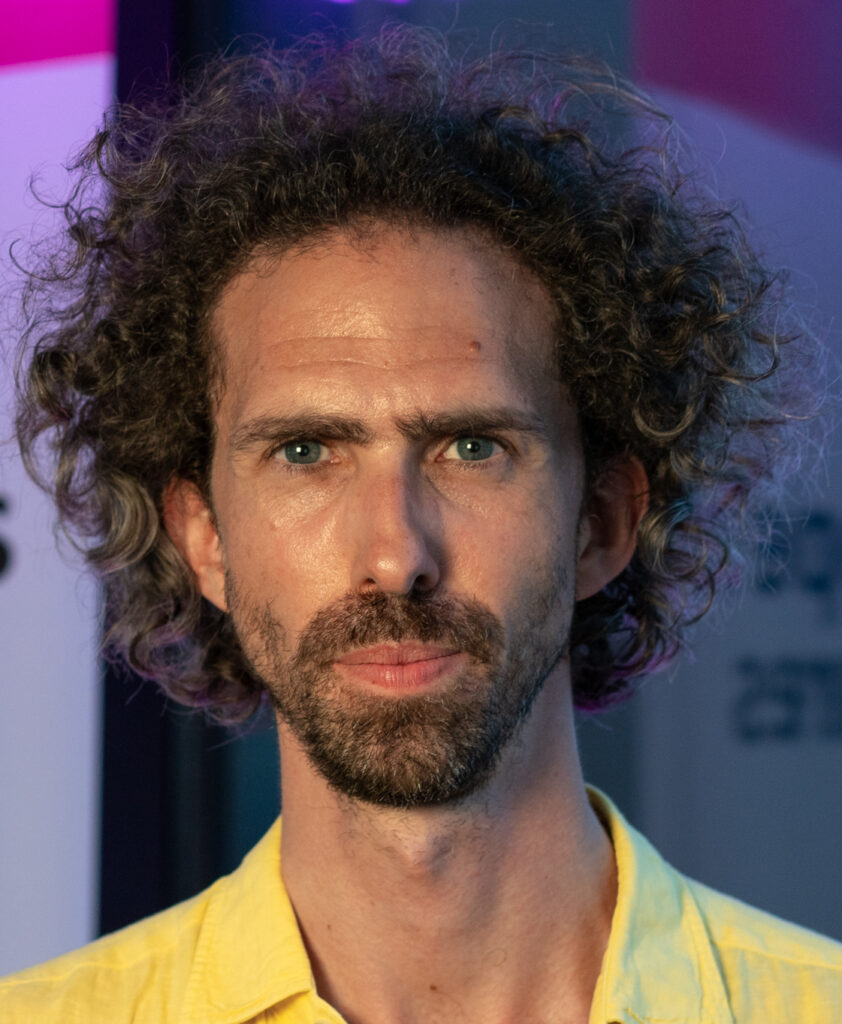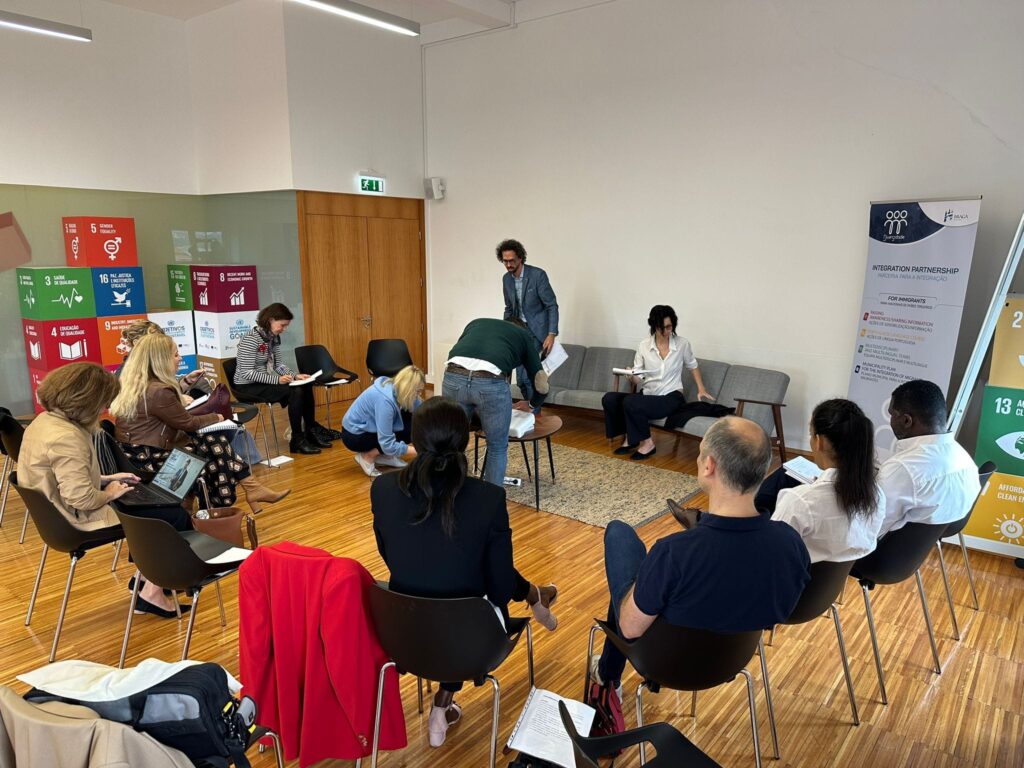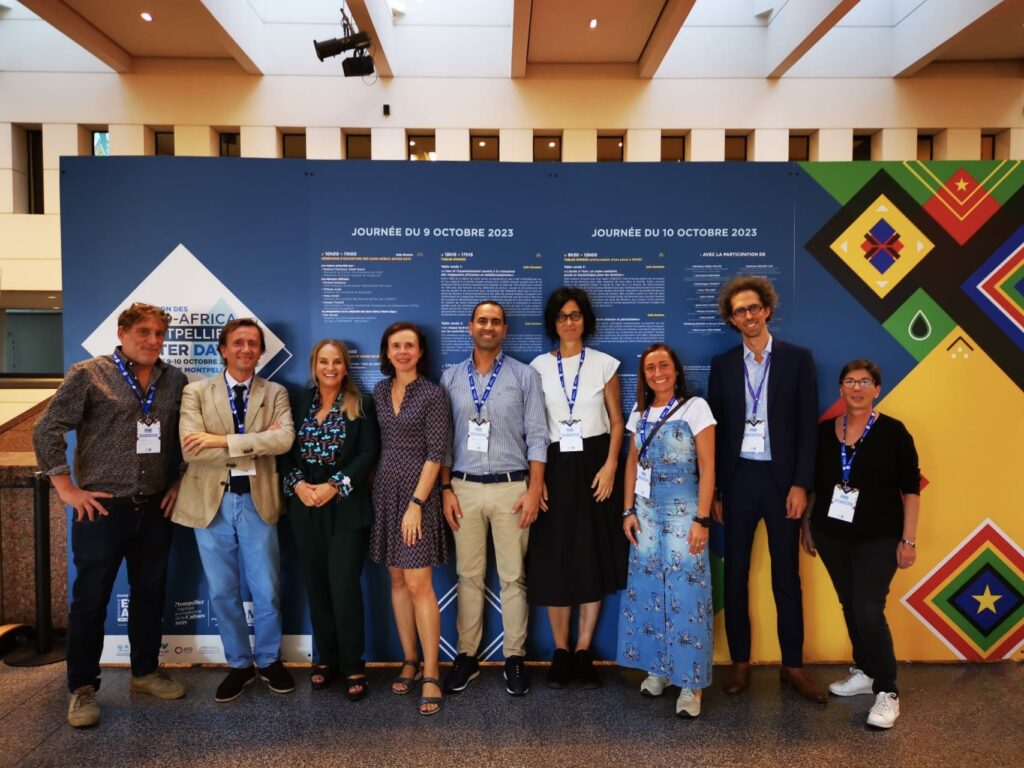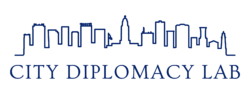Interview with Niccolò Milanese, co-curator of the Rhizome Cities project, which empowers European cities’ management of persisting colonial legacies, migration, and diversity.
Q: Your network engages African and European cities in a discussion about the synergies between intercultural and decolonization approaches. How did this concept come about, and how were you able to make it a reality?

A: Over recent years, city administrations have been challenged by decolonial demands and actions coming from their citizens. Whether this has taken the form of questioning street names or taking down statutes, controversies over the way history is taught in schools, or artworks presented in museums, or even questioning partnerships with other cities in moments of geopolitical tension, city municipalities both in Europe and in Africa have had to deal with strong demands in ways they may be unprepared for.
And whilst the movement of people always has a geopolitical element to it, in recent years, geopolitics has become more conflictual, and these conflicts have an impact on the ways different groups interrelate. Of course, every city has a different experience, every municipal administration a different set of priorities, and so a crucial part of building the network was to be as responsive as possible to welcoming the different ways that each city wants to approach the topics whilst constantly finding the commonalities and underlying issues. This is why the network is called Rhizome Cities: it is both a rhizomatic network and one with a rhizomatic method. We see migration as a normal aspect of city life and develop an approach to migration and movement that is networked across cities, and that is as much about the journeys in between them as any one place.
Q: Rhizome Cities emphasizes inclusive, participatory processes for co-creating urban solutions. What are the added values of involving migrants in such processes?
A: People who move and people with diverse backgrounds are part of our urban settings. Urbanisation is by definition a process of people moving. So it is crucial not to exclude people with a background of movement when designing urban solutions: in fact, by ignoring them, it is the municipal administration that is cutting itself off from the reality of the city – the people living there make the city, whether the municipality wants to pay attention to them or not. So the question is how to bring about the co-creation of the city in a way that turns diversity and the multiplicity of histories and geographical connections into a source of dynamism that ensures that a city is shaping politically and culturally a process of constant reinvention and is not passively being shaped by external forces or private interests.

Q: Your cities engage in peer learning and knowledge exchange. Can you give us some examples of best practices that have been transferred within the network?
A: Athens trained migrants to be tour guides of the city, giving a different intercultural perspective on one of the most symbolic cities in the world; anti-rumor and antidiscrimination campaigns of the municipality of Braga were very important during the Covid-19 pandemic to reduce intercultural tensions; Montpellier showed excellent practices of providing literacy and numeracy to recently arrived migrants; Marseille examples from their museums of how objects have migrant journeys like people; and Bergamo examples of school education in interculturality by students becoming aware of their own frame of reference and how that might different to other people. In each of these examples, what was striking was that the municipality often had to work across different departments and government services and include migrant populations themselves in the design and delivery of the practice.

Q: At the 2023 Montpellier Water Days, you presented the Rizoma Cities Mayors Declaration. What is the expected impact of that text on the future of the network?
A: We see the Declaration as the closing of the first pilot phase of the Rhizome Cities network and the first moment of the consolidation and expansion of it. We already have the interest of many more cities to participate in the next round of meetings that will develop communities of practice around specific interests, foresee targeted forms of engagement for city actors who are not elected or administrative officials, and will elaborate in more detail our unique approach which integrates culture, education, social services, urban planning, economic development and international relations of a city in its approach to diversity.

